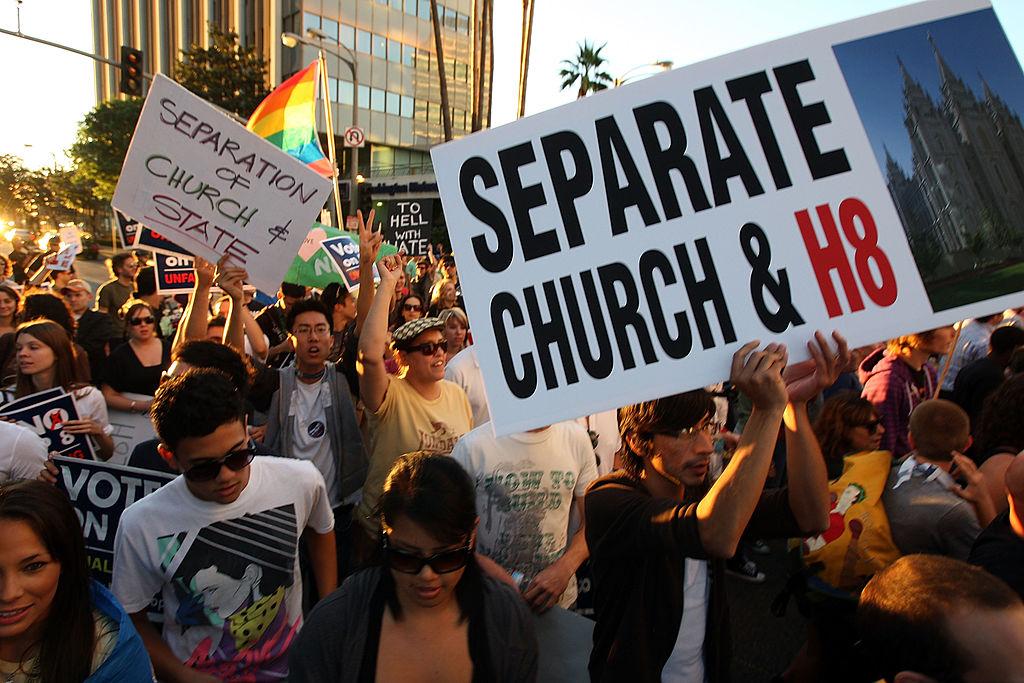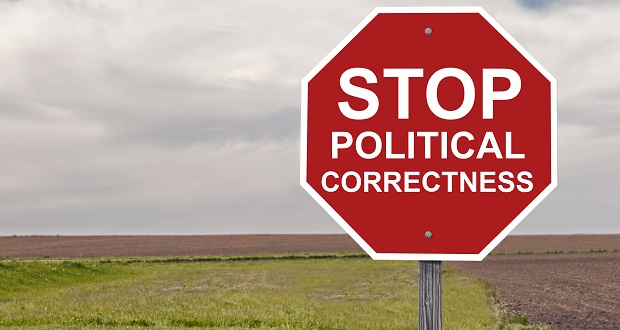
A quick Google search of the phrase “political correctness” yields the following definition:
the avoidance, often considered as taken to extremes, of forms of expression or action that are perceived to exclude, marginalize, or insult groups of people who are socially disadvantaged or discriminated against.
Per this definition, one who is “politically correct” avoids saying or doing things that would insult, discriminate, or exclude groups of people—specifically groups of people who have been historically marginalized. In theory, this sounds noble, right? Why would one be comfortable with engaging in conversations that could overtly insult others? From my point of view, “political correctness” suggests a sense of sensitivity, discipline, respect, and inclusion.
Nonetheless, there has been a lot of rhetoric recently, particularly in the political space, which has positioned “political correctness” as some sort of character flaw, weakness, or destruction to our country. Presidential candidates have even gone on record condemning “political correctness.” Just a few days ago, Ted Cruz released a press release in response to the tragic attacks in Brussels stating, “We can no longer surrender to the enemy through political correctness.” In that same release, he suggested heightened patrol and surveillance of U.S. Muslim communities as a means to combat terrorism brought on by radical Islamic groups.
Quite frankly, I am troubled by this discourse and how “political correctness” has been framed. If we define it as stated above, what exactly is its opposite? Political incorrectness? If we were to swap “avoidance” with its antonym, “advancement,” the definition of political incorrectness could read:
the advancement of forms of expression or action that are perceived to exclude, marginalize, or insult groups of people who are socially disadvantaged or discriminated against
Wow. If you ask me, this new “war” on political correctness is merely an endorsement of exclusion, and a pass for people to acquiesce what has traditionally been seen as inappropriate and flat-out wrong. Condemning political correctness has become a covert way to endorse racist, misogynistic, xenophobic, and islamophobic rhetoric. Unfortunately, such behavior and language, has become aspirational and admired. And even more unfortunate is that such behavior and language is not new:
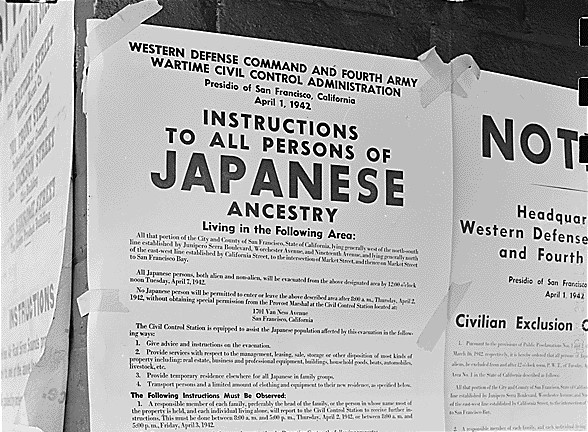
Official notice of exclusion and removal of Japanese Americans during WWII
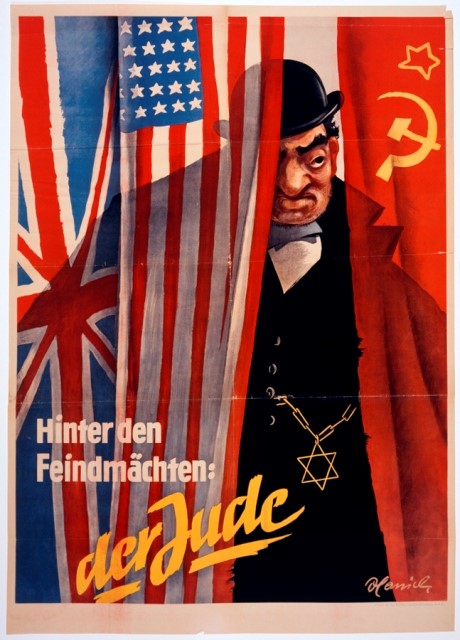
Anti-Semitic Nazi propaganda, reads: “Behind the Enemy Powers: The Jew”
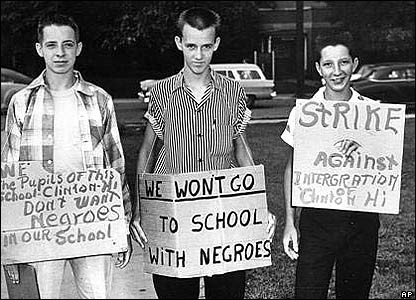
Racial segregation in America
Perhaps we have forgot how ugly political incorrectness can be. Otherwise, why would so many aspire to it? You know what they say: ‘Those who cannot remember the past are condemned to repeat it.’ –George Santayana

